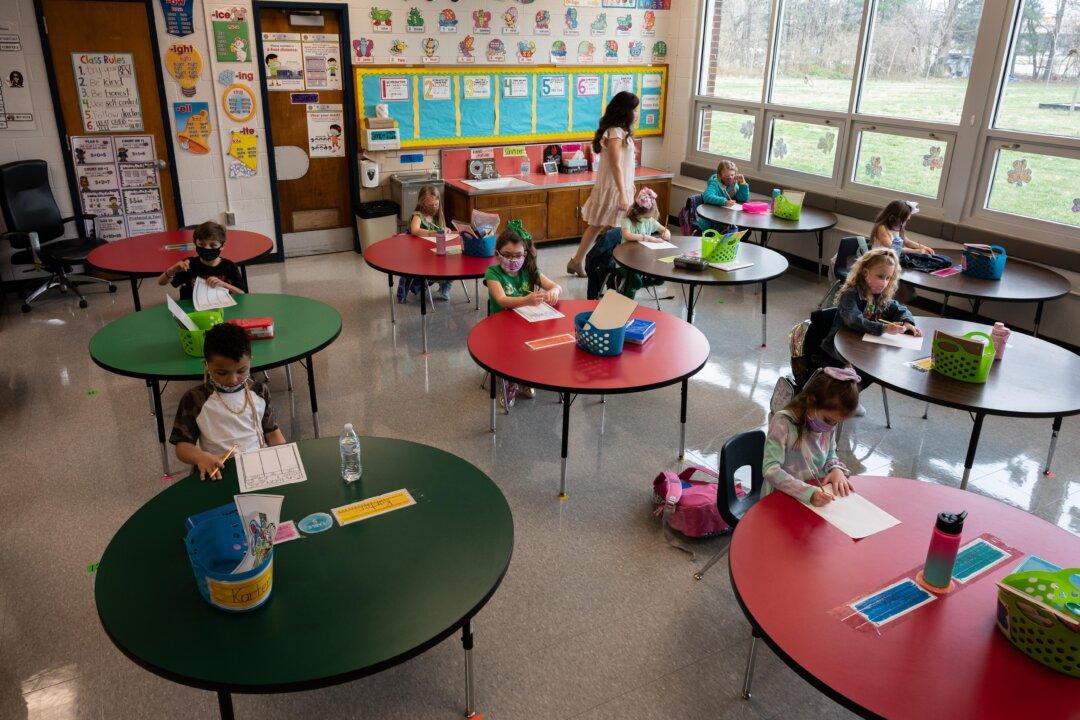Several Republican-led states are advancing school choice programs amid a growth of alternative learning arrangements spurred by pandemic-related lockdowns.
The new measures sometimes build on already established programs, expanding access to education savings accounts and scholarships, allowing more parents to pull their children from public schools and have the programs help pay for a private school, homeschooling, or even a private tutor.





